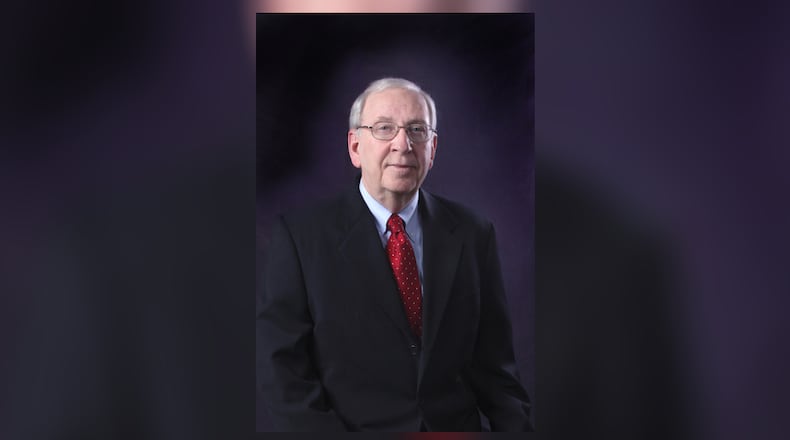In 1890, Mississippi wrote a new state constitution. The aim was clear: “We came here to exclude the Negro.” Because of the Fifteenth Amendment, Mississippi settled on using poll taxes Black voters could not pay, literacy tests and grandfather clauses. Along with terrorism, this became the blueprint for Black voter suppression in the South.
The Western College for Women was founded in Oxford, Ohio, in 1853. A liberal arts college now part of Miami University, it was the national center for training 800 young men and women who had volunteered to go South to register Black voters in the summer of 1964. Among these were James Chaney, Michael Schwerner and Andrew Goodman.
Michael Schwerner, a New Yorker, had attended Cornell and Columbia Universities. Civil Rights icon John Lewis recruited Schwerner and his wife to serve as Congress of Racial Equality instructors and leaders. That summer, the Schwerners established field offices in Meridian, Mississippi, and were CORE instructors at Western College.
James Chaney was a young Black man born and raised in Mississippi. Suspended from his segregated high school for wearing paper badges to support the NAACP, James became a freedom rider and joined CORE. Chaney was the local man on the ground for CORE organizers like Schwerner and his wife. CORE asked members of Mt. Nebo Baptist Church to help organize and register Black voters.
Andrew Goodman came from a family devoted to social justice. He, too, was recruited by John Lewis for CORE. He attended the Freedom Summer classes at Western College for Women in Ohio and met Schwerner and Chaney. Both Schwerner and Goodman were young Jewish men who devoted their youth to racial equality. While teaching students at Western, Schwerner learned that the Mt. Nebo Baptist Church had been burned by Klansmen, who then brutally beat the deacons of the church with rifle butts.
Schwerner, Chaney and Goodman left Oxford, Ohio, and drove to Mississippi. They were arrested in Neshoba County for speeding and jailed. The three were not permitted a telephone call, but mysteriously released. On the way to Meridian, they were stopped by Klansmen, who took them into the woods where Schwerner and Goodman were shot at point blank range. Chaney was beaten with chains, castrated and shot. When the bodies were found buried in a dam, evidence showed Goodman had been buried alive. The law proved useless in finding or prosecuting their murderers, but their sacrifice caught America’s attention and a Voting Rights Act was finally passed in 1965.
Throughout the United States, voter suppression continues with gerrymandering and limiting absentee ballots, polling places and drop boxes. State legislatures now claim they can ignore votes. But according to the U.S. Supreme Court, there is no longer a need to protect Black voters.
Would you die for someone else’s right to vote? Ohio is in a fight over redistricting that bears all the marks of voter suppression. We do well to remember Schwerner, Goodman and Chaney. They were dedicated to the “great task remaining.” They were gentle “warriors for the working day” and should not have died in vain.
David Madden is a retired trial attorney, a mentor at the University of Dayton Law School and a spokesperson for the ACLU.
About the Author
